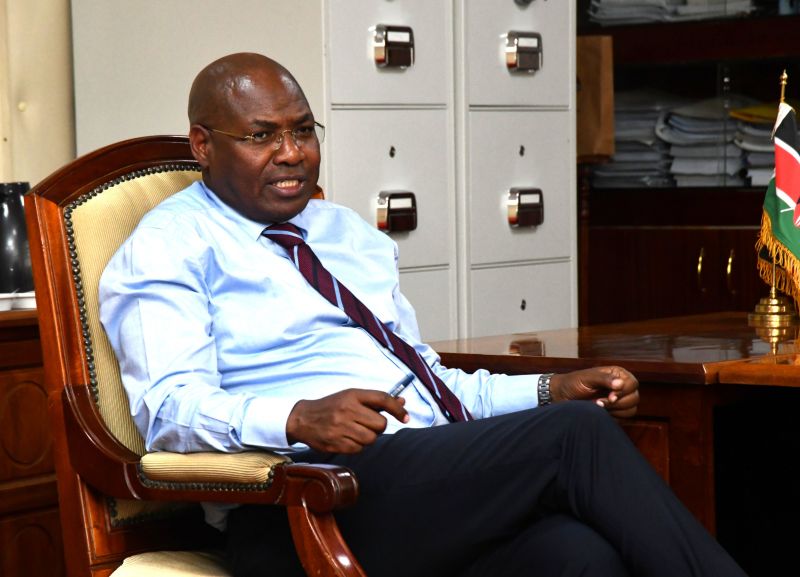Shocking New York Times report exposes Kenyan mothers, children suffering in Saudi Arabia

Thousands of Kenyan mothers and children remain trapped in Saudi Arabia, facing abuse, neglect, and a fight for legal recognition — as the government races against time to bring them home.
Kenya is moving to contain growing criticism after The New York Times investigation accused Nairobi of neglecting unmarried Kenyan women and their children stranded in Saudi Arabia — a group trapped in legal limbo due to the lack of birth certificates.
In a press briefing in Nairobi, Prime Cabinet Secretary and Foreign Affairs chief Musalia Mudavadi acknowledged the magnitude of the crisis, saying the government was "pursuing bilateral interventions" with Saudi authorities to resolve the issue.
More To Read
"Given the huge population of Kenyans working in the country, the problem of mothers with undocumented children is prevalent," Mudavadi said, adding that under the Mobile Consular Services (MCS) initiative, officials had collected 707 DNA samples to verify parenthood.
"Following positive mother-child DNA matches, birth certificates have been processed to facilitate the immediate repatriation of the children and their mothers," he noted.
The New York Times report, published on Tuesday, painted a harrowing picture of Kenyan domestic workers trapped in Saudi Arabia's kafala system — unable to leave because their children, born out of wedlock, have no legal status.
Abuse, withheld wages
The investigation cited cases of abuse, withheld wages, and violence, alongside a culture of bureaucratic indifference at the Kenyan embassy in Riyadh.
"We had become accustomed to accounts of stolen wages, rapes, and beatings," the Times wrote, describing autopsy reports of workers with burns, broken bones, and "mysterious falls."
The report followed women like Beatrice Nasimiyu, a mother of twin boys who reportedly lived by a gas station after hearing rumours that deportations occurred from there.
The paper also accused Kenyan officials of hostility, alleging that embassy staff "berated, stonewalled, or saddled" the women with endless paperwork.
DNA tests demanded by consular staff often yielded no results, the report said, adding that embassies from smaller nations like Burundi offered "more reliable help."
Kenya's Ministry of Foreign Affairs defended its record, saying that repatriations and consular services for distressed citizens have intensified since 2022.
Officials added that the government's new diplomatic strategy in the Gulf includes labour reforms and stronger protection mechanisms for Kenyan workers abroad.
The controversy has reignited debate over the ethics of Kenya's labour-export policy and its reliance on remittances — now the country's largest source of foreign exchange.
Critics argue that while Gulf migration brings in billions in remittances, it also exposes Kenyan citizens to exploitation, with limited state oversight or accountability.
Other Topics To Read
Top Stories Today















































